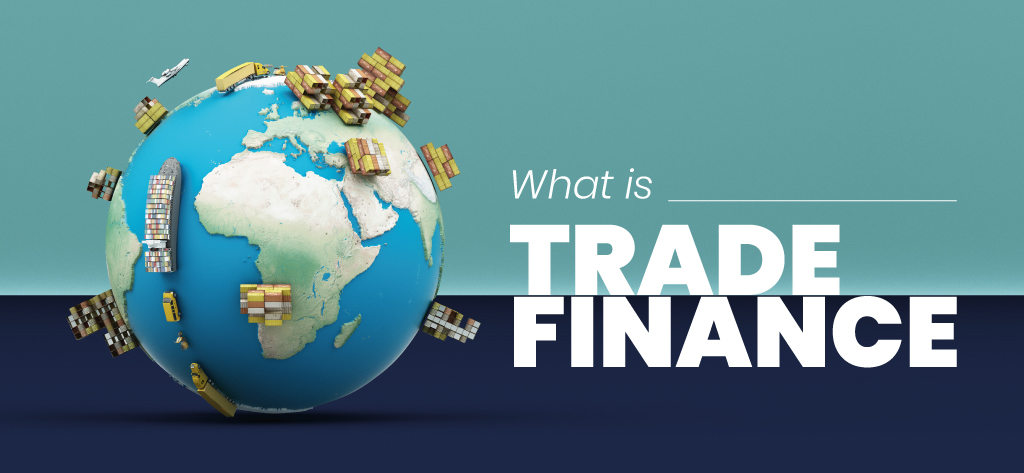
Trade financing is a formidable resource for businesses, yet not without its inherent risks. To ensure prosperous transactions and safeguard your business, it is imperative to grasp and proficiently manage these risks comprehensively. Whether you are a trade finance expert, a business owner, or a financial advisor, adhering to these dos and don’ts will proficiently guide you through the intricacies of trade financing, thus securing your interests.
1. Do understand the risks involved before entering into a transaction.
Before entering into any trade financing agreement, allocating sufficient time to assess the risks involved thoroughly is crucial. Take into account potential challenges, such as the risk of non-payment, which can arise due to various factors such as economic downturns or financial instability of the parties involved. Additionally, consider the impact of currency fluctuations, which can affect the profitability of the transaction.
Political instability in the countries where the trade is being conducted can also pose risks, as it may lead to regulatory changes or disruptions in the business environment. Furthermore, supply chain disruptions, such as natural disasters or logistical challenges, should be taken into consideration.
2. Don’t forget to do your due diligence.
Conduct comprehensive due diligence on your trading partners, suppliers, and buyers. Verify their financial stability, reputation, and track record. Confirm their compliance with legal and regulatory requirements. This step is crucial in minimising the risk of fraud, non-performance, or unethical practices.
3. Do use a reliable financial institution.
Choose a trusted and reputable financial institution as your trade finance partner. They will provide expertise, guidance, and financial support throughout the transaction. Look for institutions with proven experience in trade financing, a solid track record, and strong relationships with global counterparts.
4. Don’t ignore the importance of insurance.
Protect your business from unforeseen events by securing appropriate trade credit insurance. This insurance coverage can mitigate the risk of non-payment, insolvency, or political unrest. Evaluate your insurance options and select a policy that aligns with your specific needs and risk tolerance.
5. Do establish clear terms and conditions.
To ensure smooth trade financing transactions, all parties involved must have a clear understanding of the terms and conditions.
A comprehensive contract should provide detailed information on payment terms, including the agreed-upon currency, mode of payment, and any applicable fees or penalties.
Additionally, it should outline the delivery schedules, specifying the method of transportation, expected delivery dates, and any potential contingencies. Quality standards should be clearly defined, indicating the acceptable level of quality for the goods or services being traded.
Lastly, the contract should include dispute resolution mechanisms, such as arbitration or mediation processes, to address potential conflicts.
6. Don’t rely solely on verbal agreements.
Verbal agreements can be vague and easily misunderstood. Whenever possible, document all aspects of the trade financing arrangement in writing. A written contract provides a legal framework, protects all parties involved, and reduces the risk of disputes.
7. Do diversify your risk exposure.
Avoid putting all your eggs in one basket. Diversify your trade financing activities across different markets, industries, and counterparties. This strategy spreads out your risk and reduces the potential impact of a single adverse event.
8. Don’t overlook geopolitical risks.
Stay well-informed about the latest geopolitical developments that may significantly impact international trade. This includes closely monitoring changes in trade policies, tariffs, or sanctions imposed by different countries.
Keeping an eye on these factors can help you assess the potential risks they pose to your trade financing operations and make necessary adjustments to your strategies. Taking proactive measures to understand and adapt to these evolving circumstances is crucial for maintaining a successful trade business in an ever-changing global landscape.
9. Do stay updated on industry trends and regulations.
Be aware of technological advancements, like blockchain technology, which is revolutionizing supply chain finance. Additionally, keep a close eye on regulatory changes, such as new trade policies and compliance requirements. Regularly review and adapt your risk management practices to align with the latest best practices, ensuring the security and efficiency of your trade operations.
- Don’t hesitate to seek professional advice.
Managing trade financing risks can be complex. If you’re unsure about any aspect of a transaction or need guidance, don’t hesitate to seek advice from trade finance professionals, legal experts, or financial advisors. Their expertise can provide valuable insights and help you make informed decisions.
Conclusion
Effective management of trade financing risks is essential for successful international trade. By following these 10 dos and don’ts, you’ll be better equipped to navigate the challenges, protect your business, and seize opportunities. Remember, risk management is an ongoing process that requires continuous monitoring, adaptation, and collaboration with trusted partners.
Stay informed, remain vigilant, and embrace proactive risk management strategies to ensure your trade financing activities’ smooth operation and growth.





